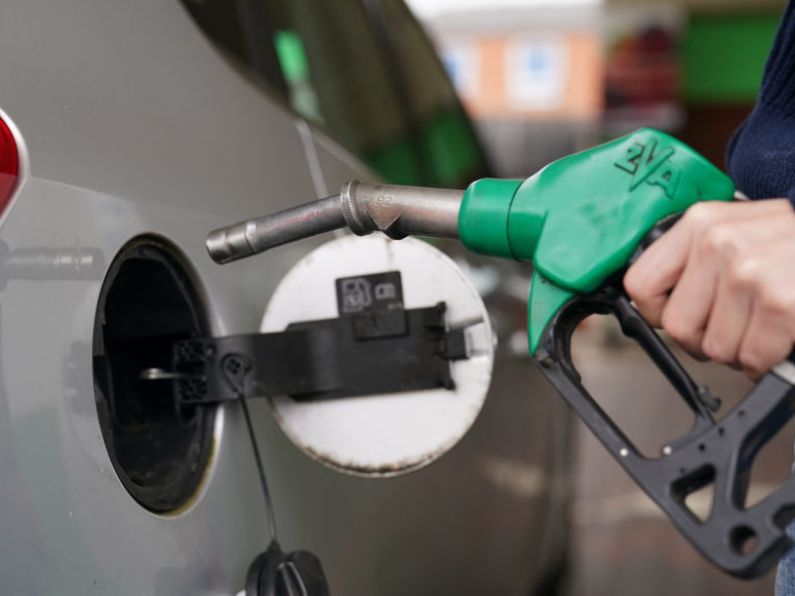Michael McAleer
Motorists face rising petrol and diesel prices of up to 3 cent per litre with the increased carbon tax announced in Budget 2024.
However, an increase in fuel excise of 8 cent on petrol and 6 cent on diesel due at the end of October has been delayed. Excise cuts were introduced last year as part of efforts to ease the cost of living crisis. They will now be restored in two installments, on April 1st and August 1st next year.
The carbon tax rises will show at the pumps as filling stations restock supplies, according to Blake Boland, head of communications at AA Ireland.
Other motoring measures introduced in Budget 2024 include the extension of company car Benefit-In-Kind reliefs. In January, the BIK on company cars moved to a new CO2-based system. As part of this, a €10,000 relief on the Original Market Value of a car with emissions below 179g/km was introduced. For electric vehicle owners, this is in addition to the existing €35,000 relief.
The €10,000 relief has been extended for a further year while the €35,000 on EVs will run until the end of 2025.
There will also be a one per cent reduction to the Motor Insurers Insolvency Compensation Fund levy. The fund covers the cost of claims in this State where an insurer goes into liquidation.
The Government is predicting a 16 per cent drop in motor tax revenues over the next three years. Tax income is expected to fall from €910 million this year to €765 million for 2026.
This is largely due to the increase in low emissions cars and electric vehicles, according to Boland of AA Ireland. Since July 2008, motor tax revenues have been based on CO2 emissions. “Currently the owner of a small EV pays annual motor tax of €120 per year, but so does the owner of a three-tonne EV SUV. That’s something that is likely to need addressing in the coming budgets,” he said.
Welcoming the extension of BIK reliefs for EVs, Brian Cooke, director general of the Society of the Irish Motor Industry said: “In addition, the retention of the current VRT regime allied with the EV reliefs provides stability and clarity to the motor industry and motorists at a time of great uncertainty.
"The EV supports underline the Government’s commitment towards the electrification of the national fleet, which is of critical important as we strive to meet our emissions’ reduction goals. We still await clarification of the ongoing investment in both the charging infrastructure and the SEAI purchase grants, which are also vital to the ongoing success of the EV project.”






